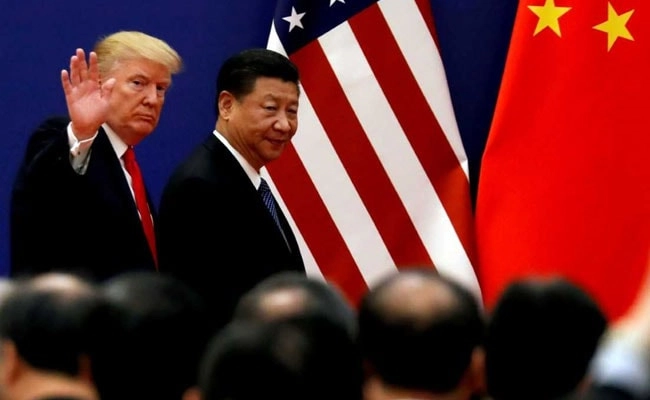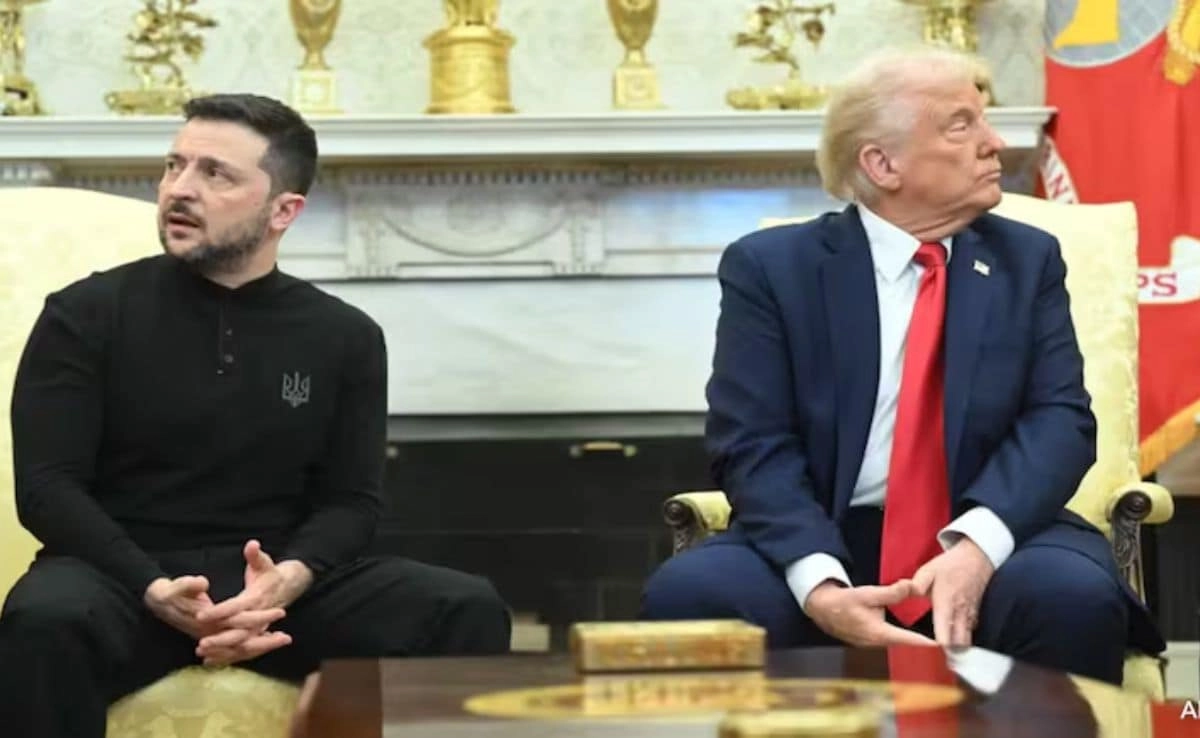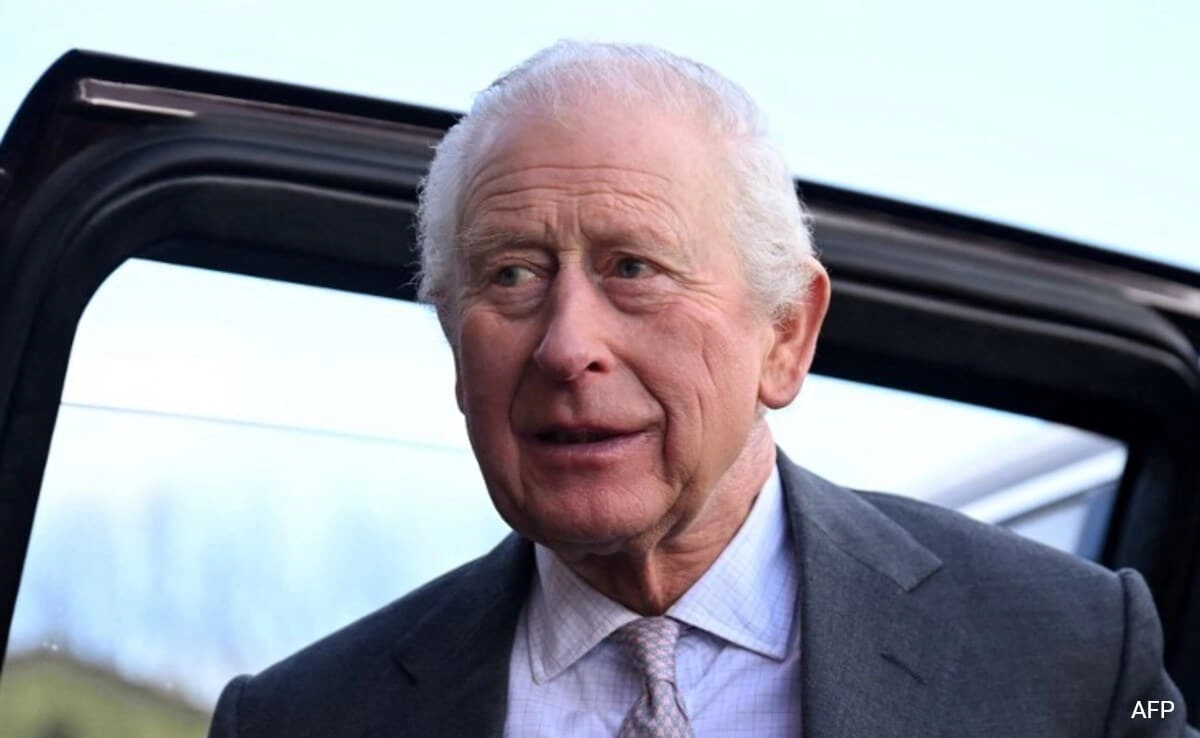Former President Donald Trump has indicated that he might consider reducing tariffs on China as part of negotiations to finalize a deal regarding TikTok, the popular social media platform owned by the Chinese company ByteDance. This potential move comes amidst ongoing discussions about the app’s ownership and its implications for national security, particularly concerning data privacy and the protection of American users. Trump’s administration had previously imposed tariffs on Chinese goods as part of a broader trade strategy aimed at addressing trade imbalances and protecting American industries, but the complex nature of international negotiations often leads to reconsiderations of such strategies.
The TikTok situation has been particularly contentious due to rising concerns over how the app handles user data and its potential misuse by the Chinese government. Trump’s administration had sought to compel ByteDance to sell TikTok’s American operations to a U.S. entity, citing national security risks. However, the negotiations have been fraught with challenges, and now, the prospect of easing tariffs may serve as a leverage point in discussions. By signaling a willingness to reduce tariffs, Trump may be attempting to create a more favorable negotiating stance that could facilitate a resolution to the TikTok issue.
This approach highlights the intricate balance between trade policy and national security. While tariffs are a tool for economic leverage, they can also complicate diplomatic relations and negotiations. Trump’s consideration of tariff reductions underscores the complexities involved in the U.S.-China relationship, where economic interests and security concerns often intersect. As both sides continue to navigate these discussions, the outcome could have significant implications not only for TikTok but also for the broader trade dynamics between the two nations. The unfolding situation will likely be closely monitored by various stakeholders, including tech companies, policymakers, and consumers, all of whom have a vested interest in the resolution of this high-profile case.




